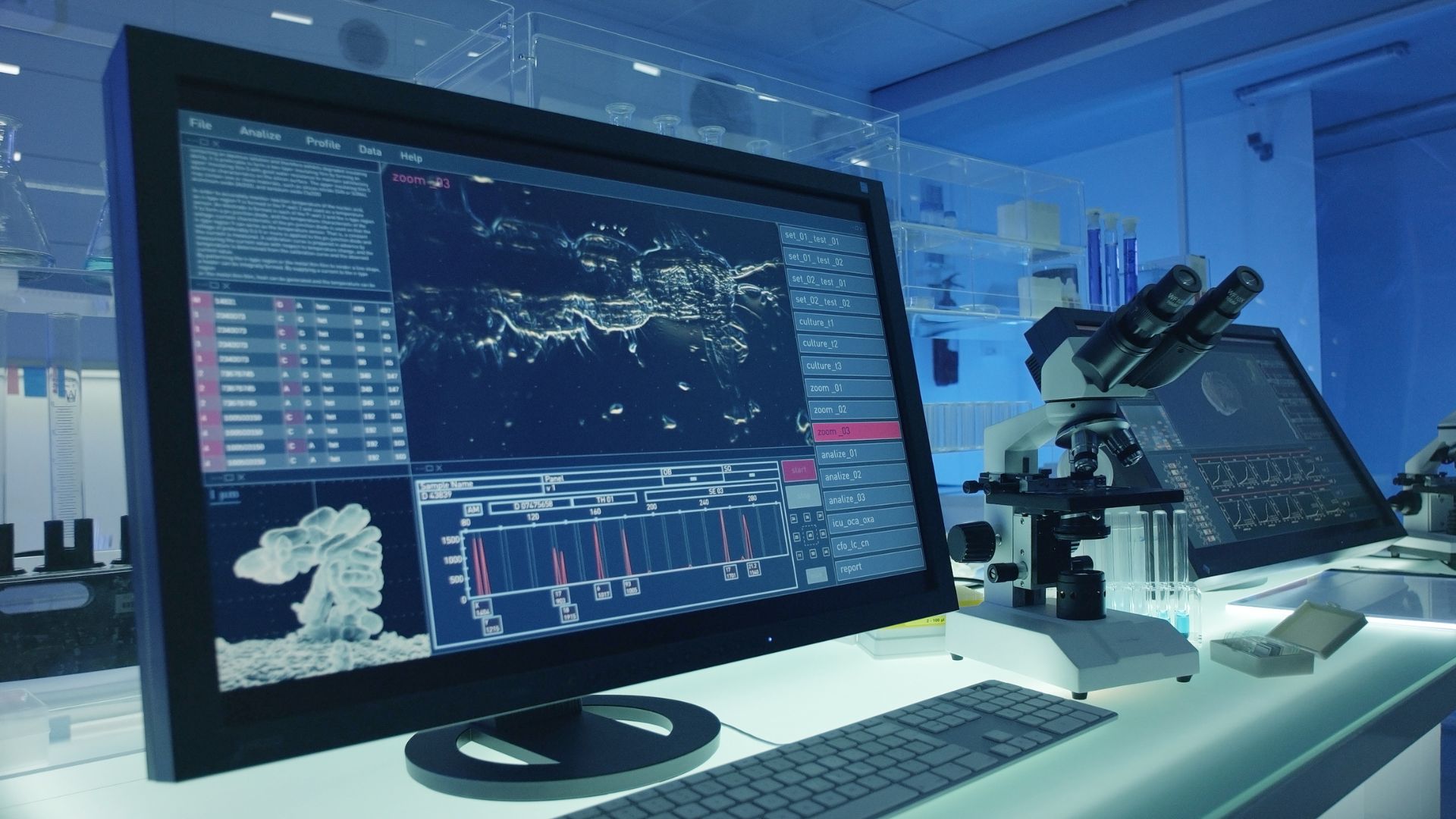Gene Editing for Good: How CRISPR is Transforming Modern Medicine

CRISPR, a revolutionary gene-editing tool, has expanded far beyond its original medical applications, offering groundbreaking solutions in agriculture, environmental science, and industrial biotechnology. This precise and efficient method of genetic modification allows scientists to edit DNA with unparalleled accuracy, enabling advancements in sustainability, food security, and bioengineering. As research progresses, CRISPR is proving to be a transformative force in shaping a future where biotechnology addresses some of humanity’s most pressing challenges.

One of the most significant applications of CRISPR is in agriculture, where it is being used to develop crops that are more resilient to climate change, pests, and diseases. Traditional breeding methods can take years to produce desirable traits, but CRISPR allows for targeted genetic modifications that enhance drought resistance, improve nutritional content, and reduce reliance on chemical pesticides. For example, scientists have successfully edited wheat to be resistant to fungal infections and tomatoes with longer shelf life, reducing food waste. These innovations could play a crucial role in global food security as populations grow and agricultural land becomes more limited.

Beyond agriculture, CRISPR is also making waves in environmental science by offering solutions for pollution control and biodiversity conservation. Researchers are exploring how gene editing can help develop bacteria capable of breaking down plastics, oil spills, and other environmental pollutants. Additionally, conservationists are investigating how CRISPR could protect endangered species by increasing genetic diversity or making animals more resistant to diseases that threaten their populations. These applications demonstrate the potential of gene editing to support ecological balance and mitigate human impact on the planet.

Industrial biotechnology is another field benefiting from CRISPR advancements. Scientists are engineering microorganisms to produce biofuels, biodegradable materials, and sustainable alternatives to petrochemicals. This has major implications for reducing reliance on fossil fuels and promoting greener manufacturing processes. Additionally, CRISPR is helping optimize fermentation processes in industries like brewing, bio-based textiles, and enzyme production, making these sectors more efficient and environmentally friendly. As CRISPR technology continues to evolve, its potential to reshape industries beyond medicine is becoming increasingly evident, offering sustainable solutions for a rapidly changing world.

